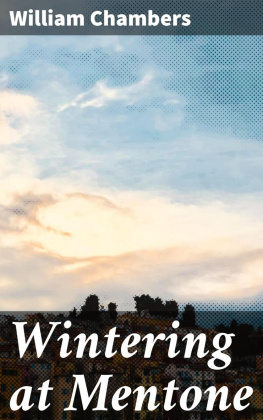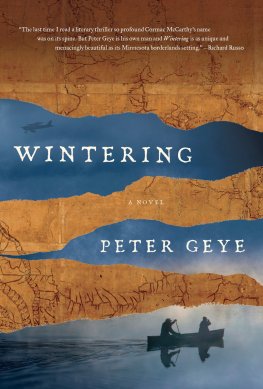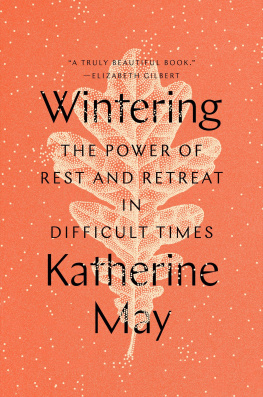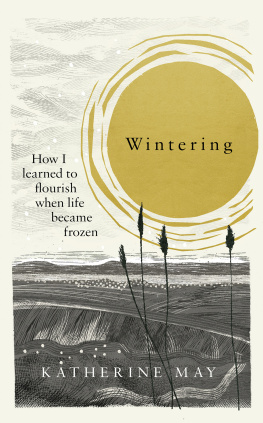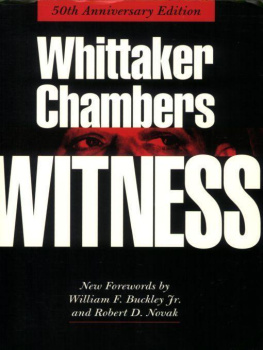CHAPTER I.
When autumn has drawn to a close, and unmistakable symptoms of winter are making their appearance, the swallows are seen to wing their way from England, and betake themselves to the sunny regions on the shores of the Mediterranean; thence returning to their northern haunts when nature is reviving under the genial influence of spring. The example set by these sagacious birds is not unworthy of being followed when circumstances call for and permit an escape from the cold, the fogs, the rain, and sleety drizzle of a protracted winter.
Without undervaluing the comforts of an English fireside, when frost dims the window-pane with its beautiful efflorescence, I am on the whole disposed to think that health is best secured by a reasonable amount of outdoor exercise in the sunshine; but that enjoyment is unfortunately denied on anything like a salutary scale to those who are enfeebled by pulmonary or bronchial affections or by advancing years, in any part of the British Islands. No doubt, much may be done to avert the evil influences of winter, by means of warm and well-ventilated rooms, having windows facing the south, in a sheltered and airy neighbourhood. Various places can be pointed out in the south of England recommendable as winter and spring resorts for invalidsnone, perhaps, better and more agreeable than the Undercliff in the Isle of Wight; but there is this to be said of the whole of themthat they less or more participate in the humidity and variableness of our British climate. By no contrivance can we get rid of a certain dampness in the atmosphere. Inside the best constructed and best warmed dwelling, we still breathe the outer air, however much it may be qualified; and as regards persons of delicate constitution, who require a light and dry atmosphere, this may prove a serious objection. Cold, damp weather is, in short, the great enemy to health, and when we recollect that in all our large seats of population the cold and the damp are aggravated by a smokiness in the general atmosphereto say nothing of sudden changes of temperature and other unsanitary conditionsthe malignant influences of winter are greatly intensified.
Invalids who propose wintering abroad will, of course, consult their medical adviser with a view to selecting a locality suited as far as possible to their respective cases. With such counsels I do not interfere. The persons in whom I take a more special interest, or at least to whom I can speak more freely, are those who, advanced in life, stand in need of a remission of ordinary pursuits, along with that salutary re-invigoration of constitution which may be brought about by a change from a cold and moist to a dry and buoyant atmospherefrom a peculiarly variable, to a comparatively steady, climatefrom a cloudy to a brilliant skyfrom dinginess to sunshine. As to how many are swept away by refraining from taking a step of this kind, let the authoritative statistics concerning the mortality of the late severe winter testify.
When any man on the shady side of middle life has the fortitude to look around to note the number of his old and valued friends, he is shocked to find how meagre is the list. One after another has disappeared, from no other perceptible cause than that their physical powers, originally vigorous, had succumbed in the feverish, and we might almost say, insane, battle of life. Too long and too diligently have they stuck to their professional pursuits, or been fascinated by the allurements of society, taking relaxation only by fits and starts, and seemingly under the impression that they have still a long career before them. Having realised a fair competence, they might very well ask themselves why they should continue to toil, to speculate, and to rack their brains, when a life of comparative ease and reflection would in all respects be more becoming. This is exactly the question, however, which they never put. The upshot is well known. Through sundry real or imaginary entanglements, their day of safety is past. A cold, foggy, drizzly November finishes them; and at about two oclock on a wintry afternoon, they are, in all the pomp of hearse and carriages, decorously conducted to the burying-ground. That is why people advanced in life have so few old acquaintances about them. They had forgot that Death is always busy laying about him with his scythe, and that the art of long living consists pretty much in knowing how to keep out of his way.
A celebrated French writer on hygiene has a theory that dying at anything under a hundred years of age is all a mistakethat it is peoples own blame, or the blame of their progenitors, if they die earlier. Far be it from me to dispute the accuracy of this very cheering though somewhat irreverent theory. I would allow a handsome discount of ten per cent., and take ninety as a fair age to attain to. The method of living till ninety, however, is either not understood or very slightly acted on. Lord Brougham was acquainted with it. He saw there was a knack in giving fair-play to the system by means of an annual restorative. Every year he went off at the right time to Cannes; cheating alike the winter and the grave-digger as long as flesh and blood could do so. Other individuals, making the necessary sacrifices, now adopt a similar policy. They leave and return to England with the swallows; by which not unpleasant contrivance they spin out their lives, if not to ninety, still to something considerably beyond what, to all appearance, was to be their allotted span.
In contemplating a residence abroad for four or five months, it is, as just hinted, all important to go to an appropriate place. Besides consulting medical advisers, it might be well to peruse the well-known work on Climate by Sir James Clark, and also the singularly comprehensive and entertaining work of Dr J. Henry Bennet, entitled a Winter and Spring on the Shores of the Mediterranean. In his own person, this ingenious author exemplifies the benefit of stopping in time, and taking a long annual relaxation in a genial climate. He tells us that five-and-twenty years devoted to a laborious profession, and the harassing cares which pursue a hard-worked London physician, broke down his vital powers. In 1859, he became consumptive, and strove in vain to arrest the progress of disease. The choice was either retirement, with the faint hope of restoration to health, or within twelve months Kensal Green Cemetery. He chose wisely to relinquish a large and lucrative practice, and to take the chance of benefiting by a residence in a climate suited to his special condition. His book may be described as an exhaustive research in quest of such southern climates as may be best adapted to the assuagement of certain bodily complaints, including general debility. He describes his visits to various parts of France, Italy, and Spain, bordering on the Mediterranean, to Corsica, Sicily, and also to Algeria; his narrative being everywhere interspersed with such a variety of anecdote and adventure, as well as of remarks on the vegetation, natural history, and geography of the countries visited, as gives it an interest to the general reader.

